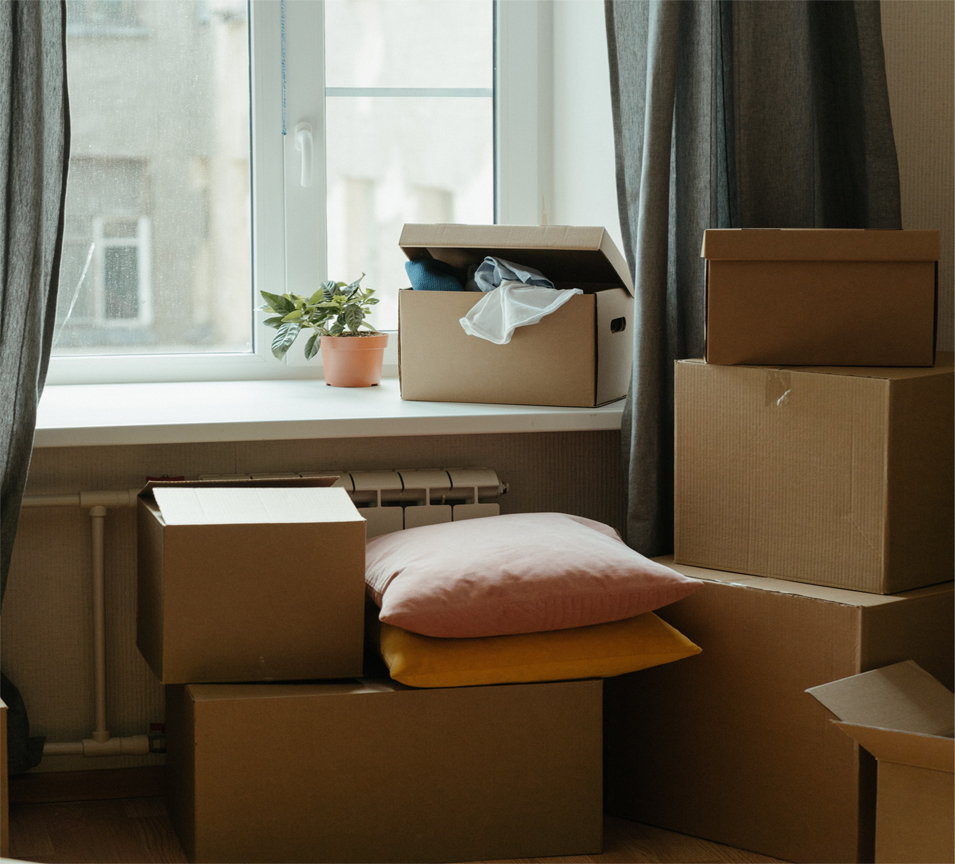
Tenants leaving their possessions behind is a growing common problem for landlords and their agents. This is because landlords and their agents are required by law to store abandoned belongings for a period of time before disposing of them.
This article provides a brief guide for landlords to follow when dealing with abandoned goods.
The Law
If your tenants have vacated their rented property before the end of the tenancy, they may still wish to claim their goods later. Or they may simply have abandoned them. In either case, it is your responsibility as the landlord to ensure the goods remain safe.
The Torts (Interference with Goods) Act 1977 states that a landlord or agent must take the correct steps and act reasonably before disposing of what may seem to be abandoned goods. It provides that if a landlord interferes with the tenant's property, he or she may face legal action. The Act also gives tenants the right to use the property as they wish and prohibits landlords from interfering with this right.
Establish The Tenant Has Left the Property
You must ensure that the tenant has actually vacated the property before you start removing or storing their belongings. You will be responsible for the tenant's belongings only after they have left the property.
If you are unsure whether the tenant has left, you may contact them by email or telephone to confirm that they have vacated the property.
Contact the Tenant Directly: If possible, call or email the tenant directly and ask them if they want their belongings back (or if they want someone else to take possession). If they don't respond within a reasonable amount of time (say, one week)
If you do not have confirmation that a tenant has left the property, then you should be wary of assuming that you are legally allowed to retake possession. This may be considered an illegal eviction, which carries with it severe legal penalties.
If you have items that belong to the landlord in your rented home, it is important that you do not dispose of or sell them without following the tenancy agreement or Torts Act process. This is because if you do, you could be liable for any damages caused by your actions.
Should there be a clause in the tenancy agreement regarding left belongings?
Yes. It is recommended. The tenancy agreement should detail how you will store and dispose of your items. If there is a clause to this effect, then you can follow it and be entitled to any costs incurred in removing your belongings.
You should take the required action to serve notice.
Once you have established that the tenants have left the property and you have decided on how long you will keep their goods for, the next step is to serve a written notice in accordance with Schedule 1 of the Torts (Interference with Goods) Act 1977. This notice must tell them to come and collect their goods within a certain time period.
Give tenants a reasonable amount of time to collect their belongings. If the items are not collected, you can dispose of them through sale or storage costs.
It is also advisable to include a schedule of the goods left on the premises. We recommend taking a photographic or video record of the goods in case evidence is required to defend a claim for damages or conversion, and to establish that there has been no abandonment.
Save time and money with our one-stop all inclusive service for landlords.
We are letting agents and property management company in South West London. We offer high quality service to all our clients. Our aim is to provide our customers in the best way possible.










